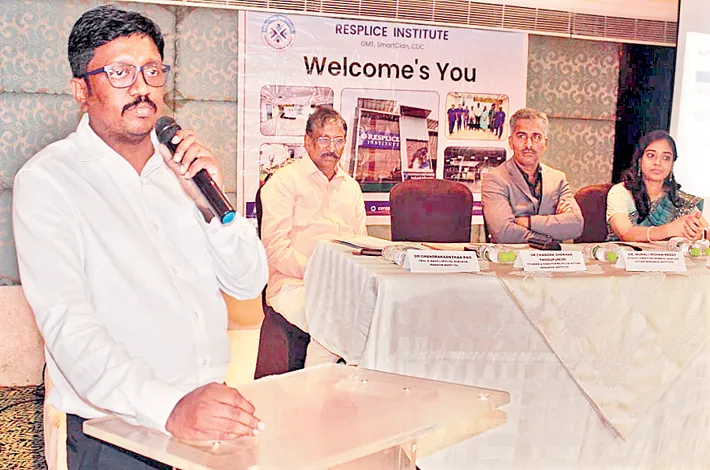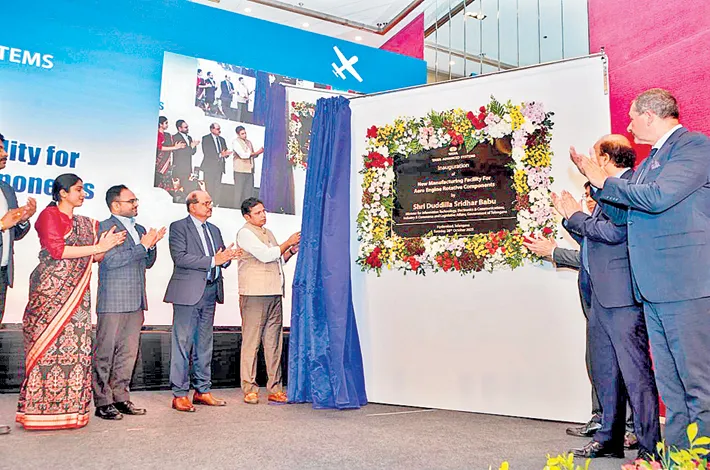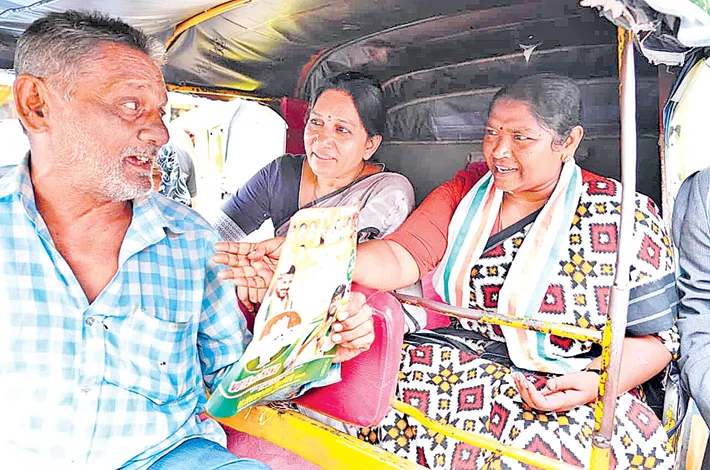The case of the silent auction
30-06-2025 12:00:00 AM

With no clear leads, Vikram turned to the idol itself, still on display under a glass case. He examined it closely, noting its intricate craftsmanship. A tiny scratch on the base seemed odd for a supposedly new piece
Rajnand Gaon, a coastal town in Karnataka, buzzed with the salty breeze of the Arabian Sea and the lively chatter of its close-knit community. The year was 1987, and the town’s annual festival was in full swing, with vendors selling fish fry and the temple glowing with oil lamps. Amid the festivities, Inspector Vikram Shetty, a lean man with a love for filter coffee and a knack for keen observations, was drawn into an unusual case.
Vikram, stationed at the local police outpost, was known for spotting trouble in a town where secrets were as plentiful as coconut trees. That evening, as he sipped his coffee at the festival’s edge, a breathless young man named Kiran, the son of a wealthy areca nut trader, rushed up to him. “Inspector, you must come to the community hall. Something’s wrong with the auction!”
The hall, a modest building with peeling paint, hosted the festival’s silent auction—a tradition where locals bid on donated items to fund the temple’s upkeep. This year, the highlight was a gold-plated idol of Ganesha, donated by the town’s richest man, Raghavendra Pai. Kiran, who helped organize the event, explained that the bid ledger had vanished, along with the record of who won the idol. Worse, Pai was furious, accusing the organizers of theft.
Vikram arrived at the hall, where a crowd of restless bidders murmured under flickering tube lights. Pai, a stout man with a commanding voice, was berating the organizers. “That idol is worth lakhs! If it’s gone, someone’s head will roll!” Vikram noted Pai’s flushed face and the nervous glances among the attendees. He asked Kiran to gather everyone who had access to the ledger.
The suspects were a diverse group: Kiran, the earnest organizer; Lakshmi, a sharp-tongued schoolteacher who tallied the bids; Gopal, a fisherman with a gambling habit; and Meena, Pai’s young housekeeper, who had delivered the idol to the hall. Vikram started with the basics, inspecting the table where the ledger was last seen. A faint smudge of red kumkum powder caught his eye, but no other clues emerged.
He questioned Kiran first. The young man swore he’d left the ledger on the table after the final bids at 8 p.m. “I went to get tea, Inspector. When I returned, it was gone.” His alibi was shaky—several people saw him at the tea stall, but no one could confirm the exact time. Lakshmi, next, was defensive. “I only touched the ledger to record bids. Why would I steal it? I don’t care for Pai’s wealth.” Her composure was steady, but Vikram noticed her fingers fidgeting with a pen.
Gopal, smelling of arrack, admitted to being near the table but claimed he was just “admiring the idol.” His evasive eyes and history of debts made Vikram skeptical. Meena, the quietest, spoke softly. “I only brought the idol and left. I didn’t touch the ledger.” Her hands, dusted with kumkum from temple prayers, piqued Vikram’s interest.
With no clear leads, Vikram turned to the idol itself, still on display under a glass case. He examined it closely, noting its intricate craftsmanship. A tiny scratch on the base seemed odd for a supposedly new piece. He asked Pai about its origin. “It’s a family heirloom,” Pai said curtly. “I had it polished for the auction.” Vikram sensed Pai wasn’t being fully honest.
The crowd grew impatient, and Vikram needed answers quickly. He recalled the kumkum smudge and Meena’s stained hands. Could she have handled the ledger? He pulled her aside, speaking gently. “Meena, if you know something, tell me. No one will harm you.” Her eyes welled up. “I saw something, Inspector, but I was scared to speak. Mr. Pai… he was near the ledger before it disappeared. He looked angry, muttering about someone bidding too low.”
This was a twist. Why would Pai, the donor, sabotage his own auction? Vikram confronted him privately. “Mr. Pai, did you take the ledger to control the bids?” Pai’s bluster faded, replaced by a nervous stammer. “I… I didn’t steal it. I just wanted to ensure the idol went to the right person. Someone bid far below its value—insulting, really.”
Vikram pressed further, recalling the scratch on the idol. He asked Pai to explain it. Pai hesitated, then confessed. “The idol isn’t pure gold. It’s brass, gold-plated. I couldn’t risk a low bid exposing its true worth. I took the ledger to cancel the auction, but I swear I didn’t steal anything!” He claimed to have hidden the ledger in a storage room, intending to retrieve it later.
Vikram sent Kiran to check the storage room, and sure enough, the ledger was there, tucked behind a stack of chairs. The bids confirmed Pai’s story—the highest offer was a fraction of the idol’s supposed value. But Vikram wasn’t finished. He had the idol tested by a local jeweler, who confirmed it was brass with a thin gold layer. Pai’s scheme to boost his status with a “generous” donation had unraveled.
The case closed quietly. Pai, humiliated, agreed to donate the idol’s true value in cash to the temple to avoid charges. The festival continued, and Vikram returned to his coffee, watching Rajnand Gaon’s pulse settle. In this coastal town, secrets, like the tide, always found a way to surface.








